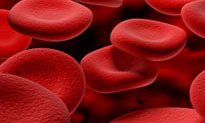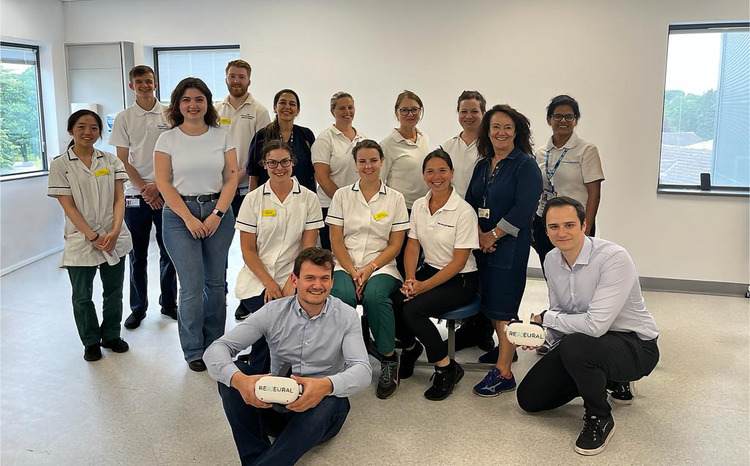‘Lab in a bag’ backed by NHS England

A portable diagnostics service will “transform” the way patient care is provided in the country, NHS England has said.
The Labkit Near Patient Diagnostics service – described as a ‘lab in a bag’ – allows healthcare professionals to deliver laboratory-standard test results outside hospital.
The aim is to enable clinicians to make sophisticated diagnoses in a community setting, GP practice or even a patient’s own home.
The temperature-controlled bag contains several devices that can capture results from a range of patient tests, including white blood cell count, haemoglobin levels, glucose, blood gases, electrolytes and urine analysis.
Once captured electronically, this data is then transferred to the pathology laboratory at the patient’s local hospital.
NHS England has provided funding for the service, which has been developed by Surrey Pathology Services (a joint venture between Ashford and St Peter’s Hospital NHS Foundation Trust, Frimley Health NHS Foundation Trust and Royal Surrey County Hospital NHS Foundation Trust), the South East Coast Ambulance Service, the Ministry of Defence Hospital Unit at Frimley Park, and Conworx Technology.
Ian Fry, director of pathology at Surrey Pathology Services, told EHI News there is not a “fixed repertoire” of devices included in the kit, with users having flexibility in what they use.
Fry said the testing devices used with the bag are standard tools used in other clinical settings. They have not been changed in any way, other than to make them available for mobile use through the new set-up.
The transmission of data from the devices to local pathology services is being provided by Conworx, which already works with Surrey Pathology Services in other areas of IT connectivity.
Fry said the process is done outside of the NHS’ N3 network on a mobile broadband platform, with Surrey Pathology Services’ internal IT team ensuring the service is secure.
The organisations behind Labkit are developing the hardware further to be able to link to the wide range of electronic patient record systems used throughout the NHS, he said.
Fry said target audiences for the product include ambulance services and urgent care GP services, while the military is also a potential future user.
Trials involving the kit began in December 2014 in two local sites, with data captured at the point of care but not used for clinical management of patients.
NHS England said that the next stage of the project – due to begin later this year – will see the kit used in clinical settings. Commercialisation of the product is expected to begin in early 2016.
Health secretary Jeremy Hunt, who attended the launch of Labkit, said it is “a fantastic example of the type of innovation which can come about when medical experts and industry professionals collaborate."
“Improving diagnostics and the transference of crucial data on a patient to hospitals and GPs swiftly and at the point of being attended to by a paramedic can only bring about positive shifts which should, in turn, determine more quickly the right care pathway and possibly even save lives,” Hunt said.




